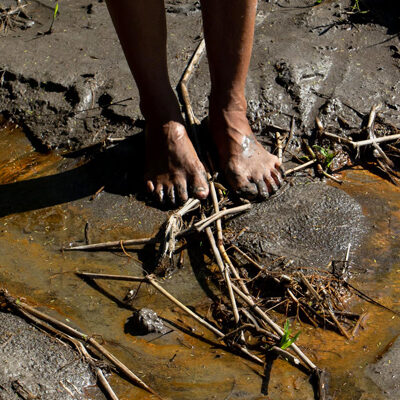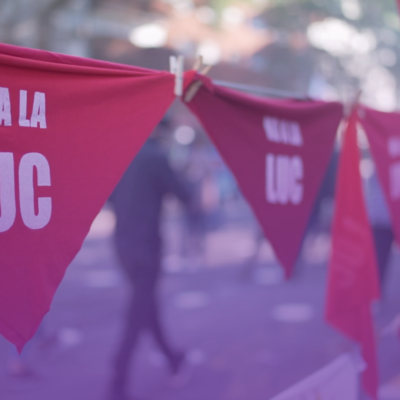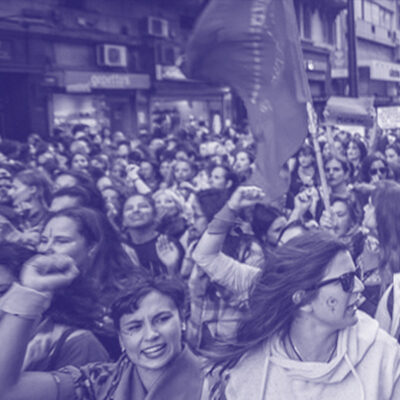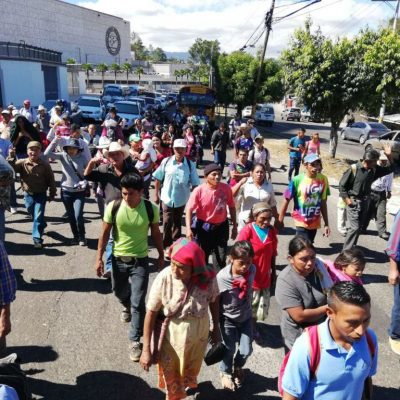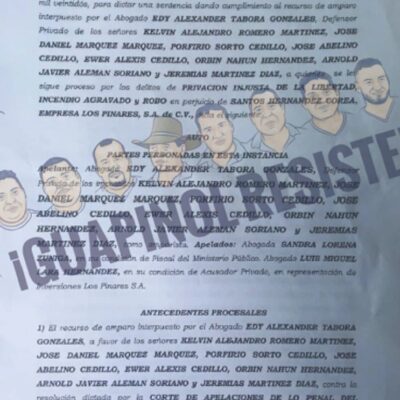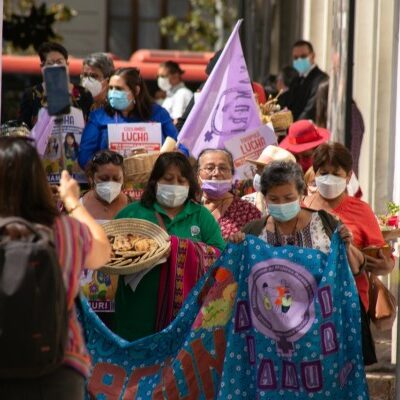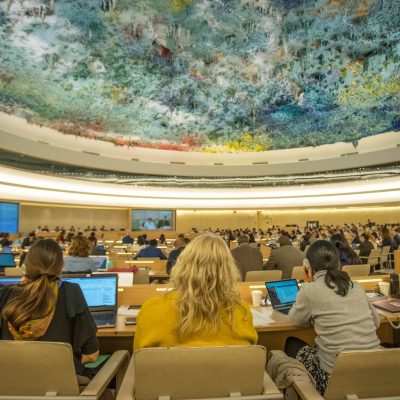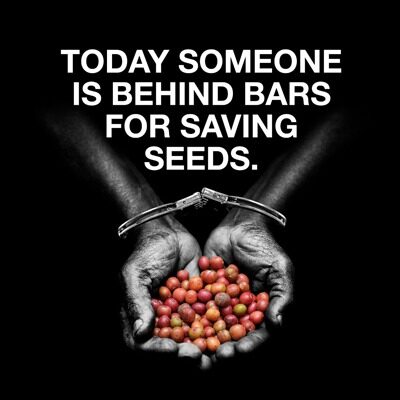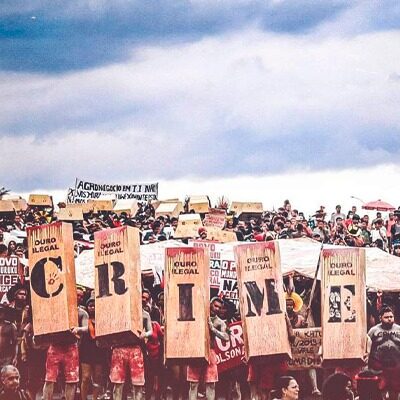
Politics shall be Indigenous
On 4 April 2022, thousands of Indigenous People from various communities across the current Brazilian territory came to the federal capital, Brasilia, to set up the 18th Free Land Camp (Terra Livre) by the Articulation of Indigenous Peoples of Brazil (APIB). This mobilisation is still based on the original struggles as when it started in 2004: the right to land,…



